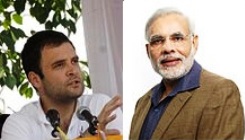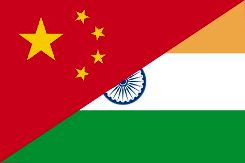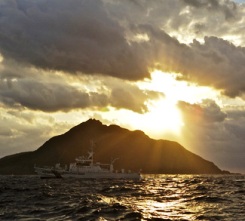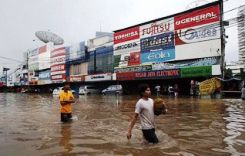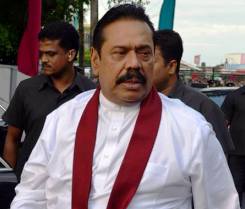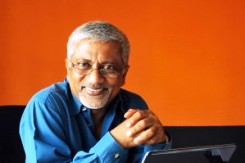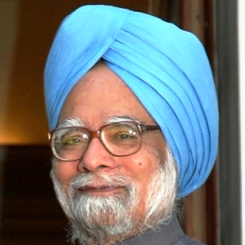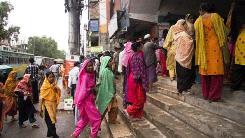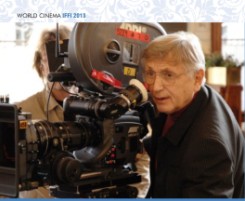By Savitri Goonesekere, Jayantha Dhanapala and G. Usvatte-aratch* | IDN-InDepth NewsViewpoint
COLOMBO (IDN | Colombo Telegraph) – There has been, in recent times, public discussion in regard to whether our country is moving towards an authoritarianism that undermines democratic governance. The President, Ministers and government spokespersons have consistently denied this allegation. They refer in particular to the recent elections in three provinces as indicative of a functional and vibrant democracy responsive to the needs of the people. Infrastructure development that has taken place is also cited.
The recently concluded CHOGM hosted by Sri Lanka is considered an indication that Sri Lanka has achieved significant international stature as a country whose governance follows Commonwealth values. These values as stated in the final CHOGM communiqué refer in particular to democracy, human rights, tolerance, freedom of expression, separation of powers, rule of law, good governance, and sustainable development.

